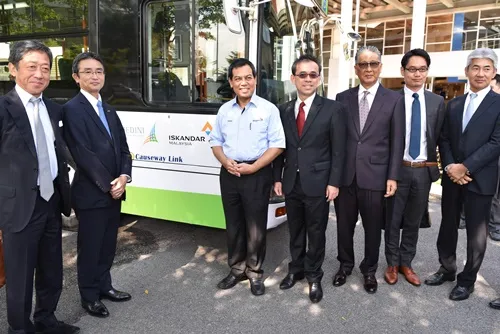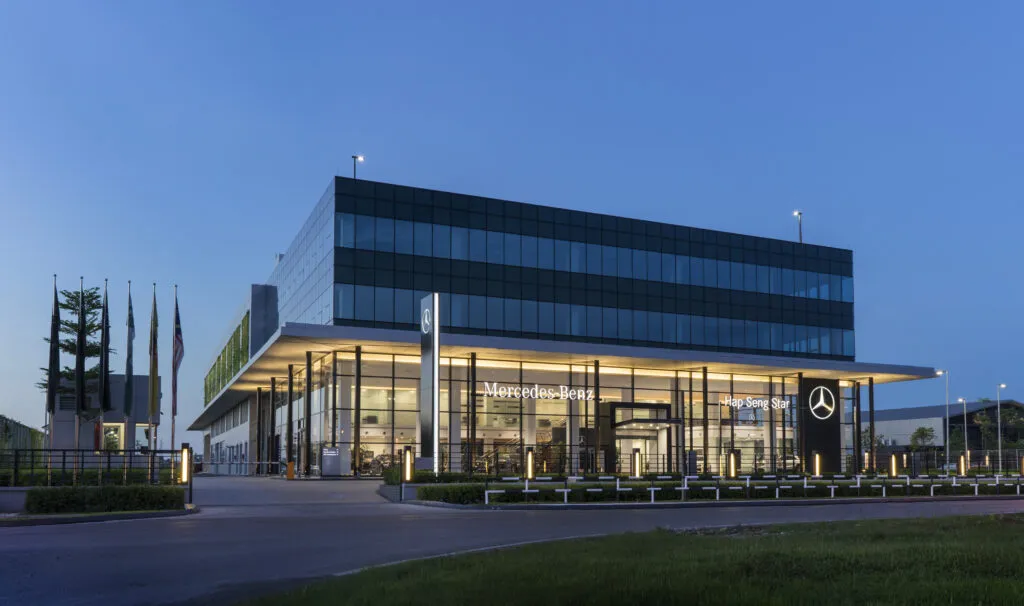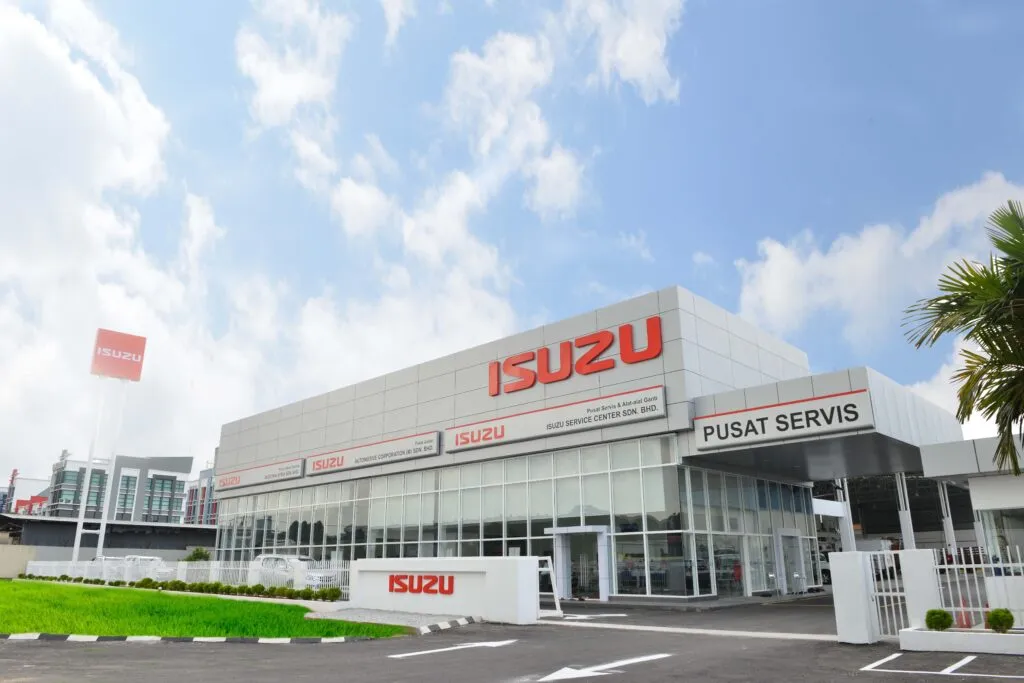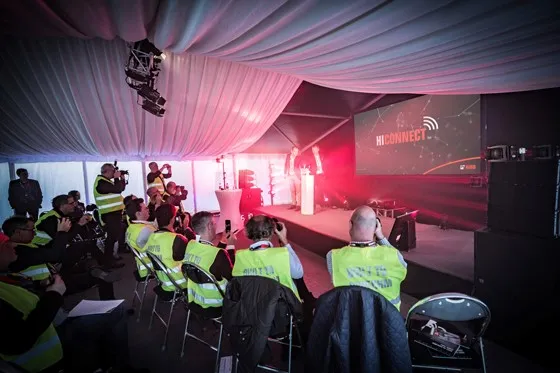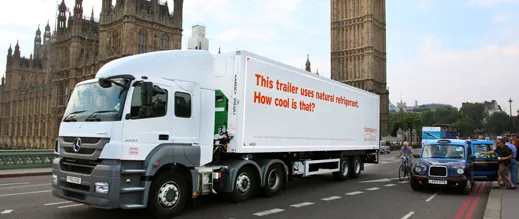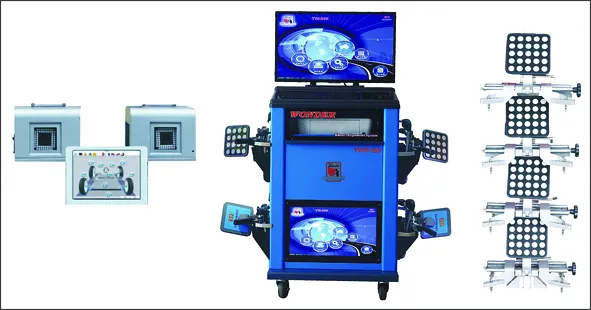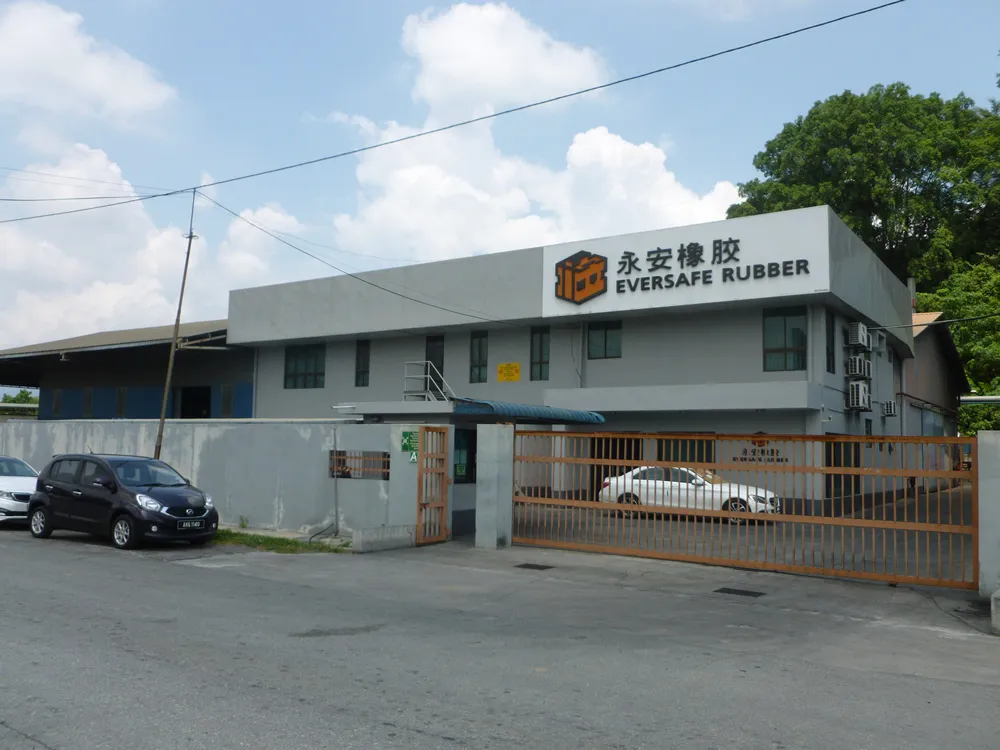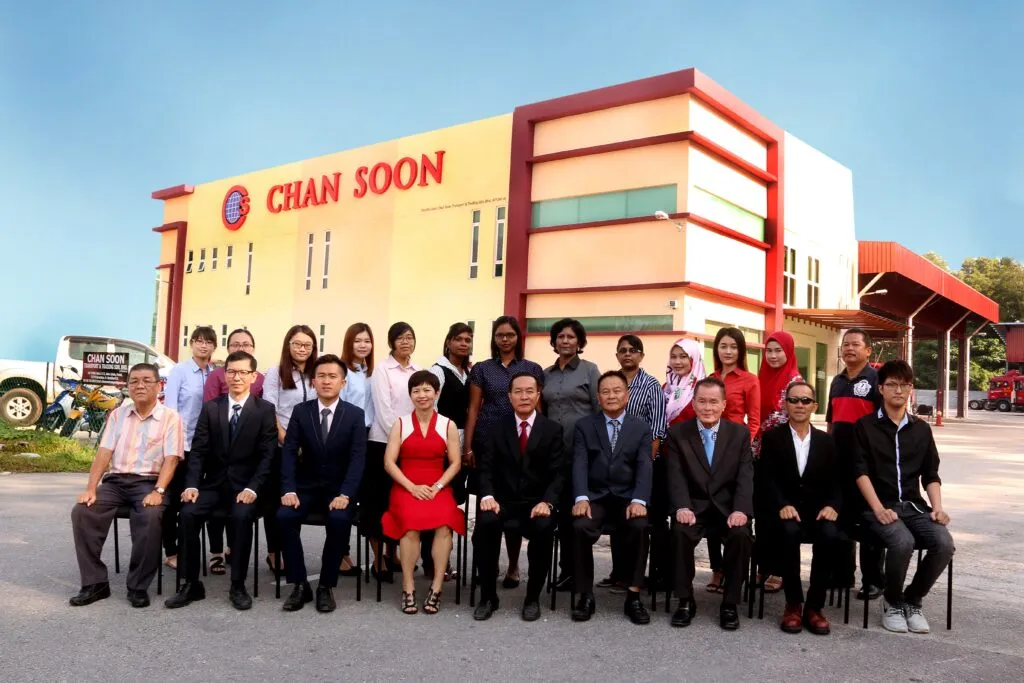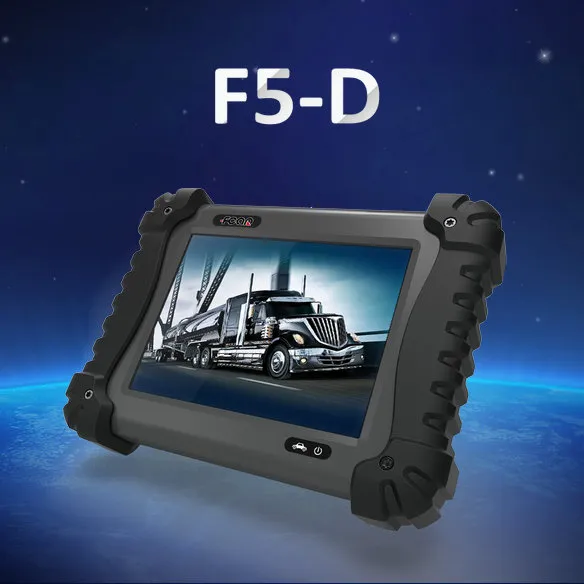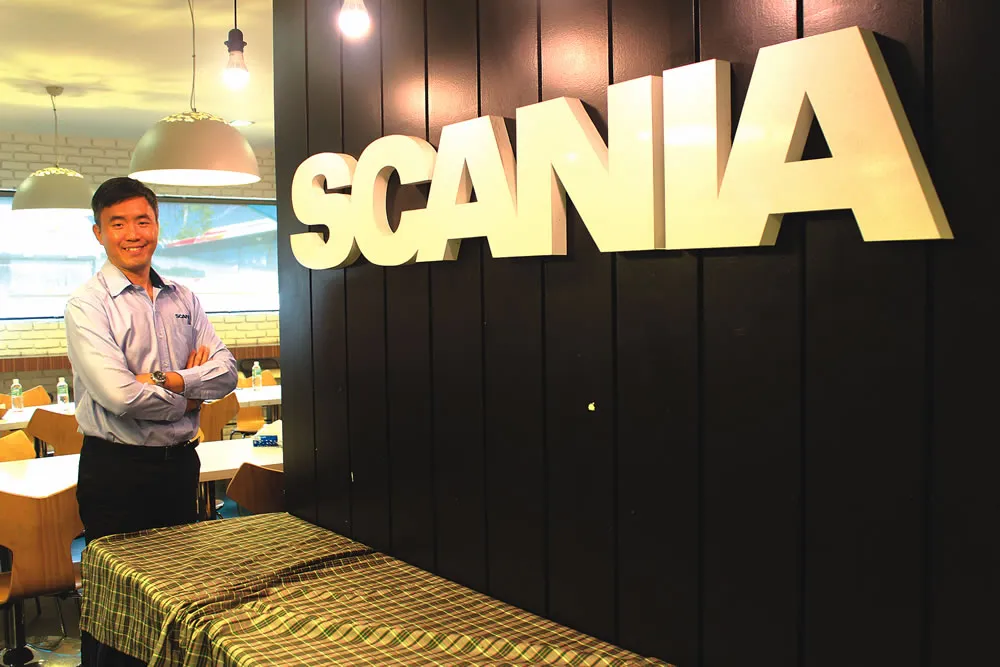A Memorandum of Understanding (MoU) was signed recently among Mitsui & Co, Ltd (Mitsui), Medini Iskandar Malaysia Sdn Bhd (MIM), Hino Motor Sales (Malaysia) Sdn Bhd (Hino) and Handal Indah Sdn Bhd (Handal Indah) to bring to Medini City the first hybrid bus in Malaysia.
Pioneering Hino Hybrid Bus Set to Operate in Medini
The culmination of efforts among the four parties was made possible when Mitsui and MIM invited Hino to conduct its trial run through Medini City where the bus would be operated by Handal Indah. The trial run of the hybrid bus would go on for five months starting early July 2017. There would be six routes, one of which is the Iskandar Puteri route that allows commuters to travel from Puteri Harbour Ferry Terminal to Larkin Sentral via Medini.
The MoU is said to align with Iskandar Malaysia’s Low Carbon Society Blueprint that aims to reduce carbon density in Iskandar Malaysia by 58 per cent by 2025. The introduction of hybrid buses could potentially be part of a future modern fleet of public transport in Iskandar Malaysia to offer an economical and clean system.
“A big part of Iskandar Malaysia’s journey towards becoming a Strong and Sustainable Metropolis of International Standing focuses on a green environment and smart city living. We embrace ideas and initiatives that contribute towards these two agenda. As such, the possibility of having hybrid buses transporting people across the region is something very exciting and inspiring,” said Datuk Ismail Ibrahim, Chief Executive, Iskandar Regional Development Authority.
Medini City, the Central Business District of Iskandar Puteri, is a catalytic development within Iskandar Malaysia led by MIM. With its vision of becoming the ‘Icon of Future City Living’, Medini paves the way as a smart city development. Mitsui, a shareholder of MIM, brings a wealth of experience in smart city development in Medini. It is also collaborator of Hino for future marketing of Iskandar BRT project.
Dr James Tee, Managing Director/Chief Executive Officer of MIM, said: “Medini City will ultimately produce a smart and sustainable community where residents, visitors and investors alike can experience a place that is uniquely liveable, connected, efficient and safe. By delivering smart solutions like the hybrid bus initiative, we look forward to seeing local bus operators including hybrid bus models in their fleet.”
Being the first bus with hybrid technology to enter Malaysia, Hino Hybrid Bus has the potential to be one of the Energy Efficient Vehicle (EEV) in the future. Powered by a Euro 3 engine, this hybrid bus improves fuel efficiency with the combination of a diesel engine and battery in Hino’s new HV system. This feature improves fuel saving over a conventional diesel engine city bus. The hybrid technology also reduces CO2 emission, making it environmentally friendly. Designed with wider air suspension for extra riding comfort, the low-floor chassis provides the flexibility for special needs and caters up to 75, including standing, passengers. With this, the Hino Hybrid Bus is venturing into a new market segment in Malaysia with a class of its own.
Continuous improvisation is required to ensure the success of this project. Ken Iwamoto, Managing Director of Hino Motors Sales (Malaysia) highlighted that this hybrid bus had its advantages for a smart city project, adding: “The unique aspects of commercial vehicles include their comparatively large size and loading capacity, the long distances they travel, and their wide array of uses and places where they are used. Taking into account these varying conditions, Hino Motors considers the type of environmental technologies that would be suitable. By providing users with optimally equipped vehicles, we believe the Hino Hybrid Bus has the advantage in providing a vehicle with improved fuel-efficiency and zero carbon.”
Lim Chern Fang, Managing Director of Handal Indah for Operations and Marketing Department, said: “The role of Handal Indah is to provide the most efficient, reliable and friendly bus service to commuters. We embrace change by constantly assessing and improving the public bus service with new technology. We are keen to move towards a smart transportation to introduce a cleaner and more fuel-efficient means of urban transportation for commuters and benefiting the community at large.”

